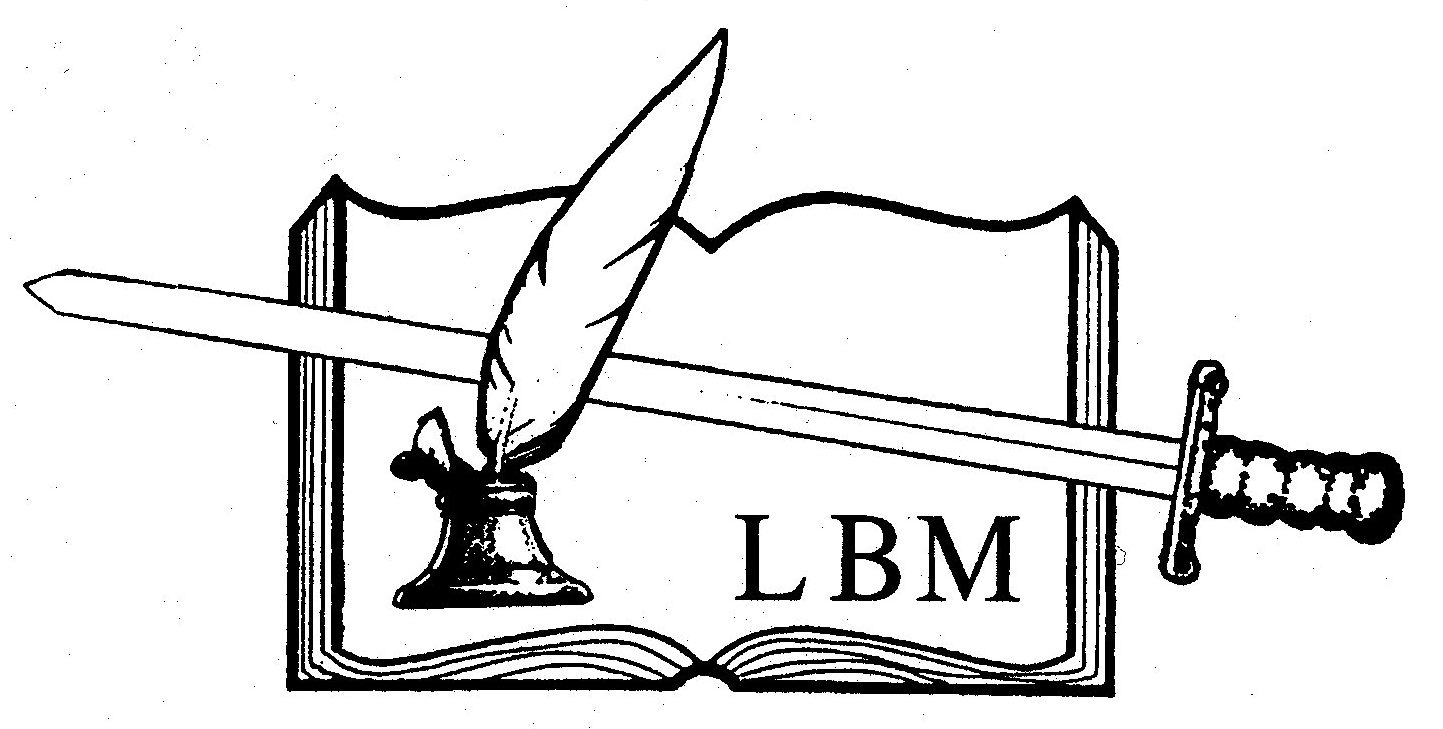Have you heard about Demoulas Super Markets (DSM) interesting family litigation? While many people know of its stores, few know that DSM has been a significant source of Massachusetts’ corporate laws about shareholder disputes. * The history of the family litigation reads like some TV courtroom drama, with a greedy uncle taking advantage of his sister-in-law.** The most recent case from the Supreme Judicial Court resulted in a March decision, about the importance of agreements among shareholders e.g. for the sake of inheriting family members. Such agreements determine duties and dispute resolution provisions within Articles of Organization and / or bylaws or in separate contracts. The 2004 rewrite of Massachusetts Corporate Business Law expanded such options. They involve methods for and restrictions on the sale or transfer of shares, often to keep the favorable tax status under Subchapter S of the IRC. This case underlines the importance of shareholders’ working out agreements in advance.
Shareholders in a close corporation owe each other a fiduciary duty of the “utmost good faith and loyalty.” O’Brien v. Pearson, 449 Mass. 377, 383 (2007), quoting Donahue v. Rodd Electrotype Co. of New England, Inc., 367 Mass. 578, 593 (1975) (Donahue). To impose a higher duty than on stockholders in publicly traded corporations reflects 1) no ready market for close corporation shares and 2) shareholders’ reliance on one another for the venture’s success. The close corporation “supplies an opportunity for the majority stockholders to oppress or disadvantage minority stockholders.” Hence the Donahue case and later decisions set the rules that shareholders must follow in the absence of agreements otherwise.
The March case of Merriam, et al. v. Demoulas Super Markets, Inc., et al., concerned the shareholders’ right to dispose of shares as they see fit after DSM rejected buying them back pursuant to the said Articles. DMS claimed a breach of fiduciary duty, because depending on whom the shareholders sold to, DMS could lose its favorable S-corp. tax status. [See our earlier article about subchapter S corporations.] To put it simply, the fiduciary duty of shareholders in a closely held corporation means that the shareholders have a duty to act in the best interests of and make complete disclosures to one another. Certain DMS shareholders were no stranger to breaches of fiduciary duty (See Arthur S. Demoulas v. Demoulas Super Markets, Inc., & others below. **) so they were ready to make this claim.
Article 5 of DSM’s Articles of Organization had a limited provision stating that stockholders wishing to sell, assign, or transfer shares of stock shall notify the corporation in writing at least 90 days prior to the effective date. This provision was followed, but once the Corporation had declined the offer, then the Court had to decide what happened next. The selling shareholders said they were free to sell to anyone. The Court agreed in the absence of the following factors.
First, without a complete “right of first offer” clause, the fiduciary duty or the covenant of good faith and fair dealing may not protect a company from such actions of its shareholders. The case discusses a “right of first offer” (or refusal) which until now, Massachusetts has not adopted as part of said Articles. The Court would not do so in the absence of explicit language. Second, the provisions of Article 5 or other contractual agreements determine how shareholders may sell their shares. Lastly, specific language is needed to protect a company from these dispute situations. A business lawyer can help to set up or amend your Article 5 for such protections.
*The SJC noted: “Demoulas Super Markets, Inc. (DSM), is a closely held Massachusetts corporation whose stockholders’ dealings with each other,, and with the corporation, have spawned decades of litigation, resulting in four earlier decisions of this court.
** The Courts stated “… the plaintiff’s complaint is that, in the years since George’s death, Telemachus and the members of his family have exploited Telemachus’s control over DSM and Valley to transfer assets and divert business opportunities away from those corporations, which were jointly owned by George’s and Telemachus’s sides of the Demoulas family, into other businesses that were solely owned by Telemachus’s branch.” Demoulas v. Demoulas Super Mkts., Inc., 424 Mass. 501 (1997).
